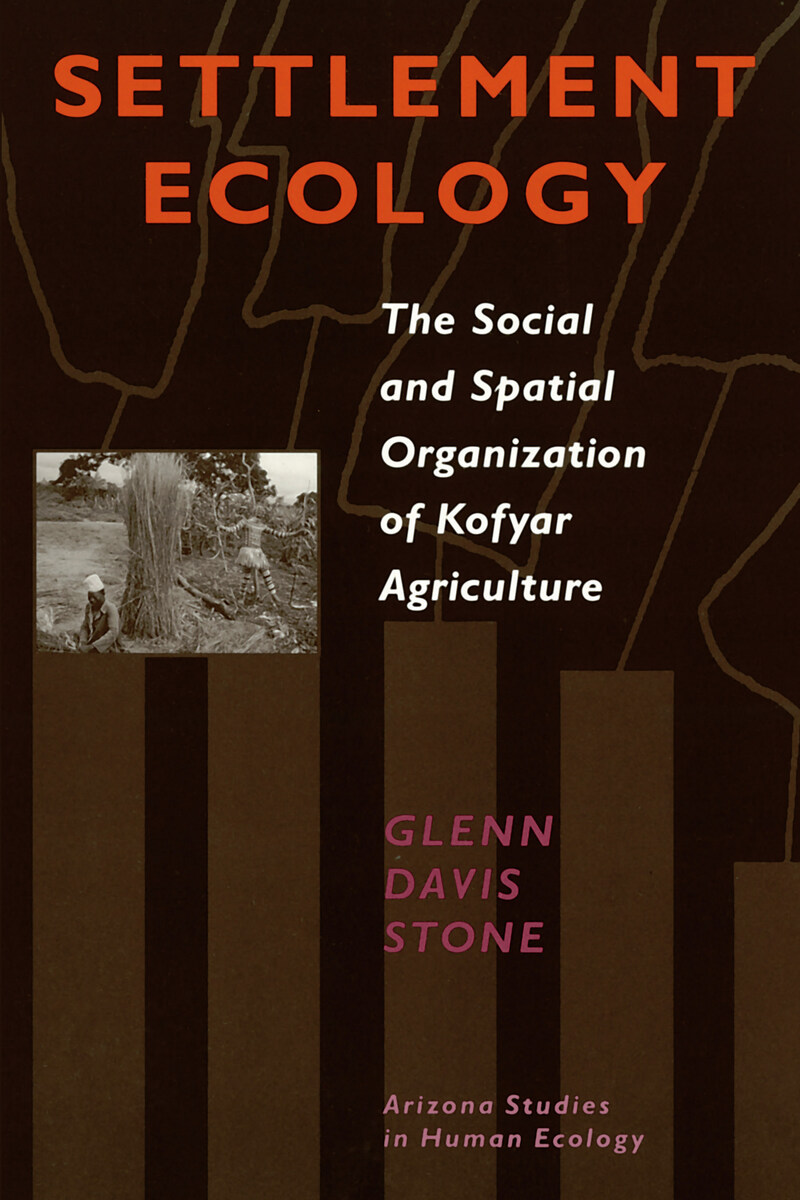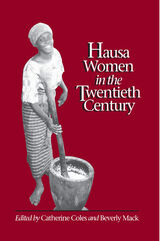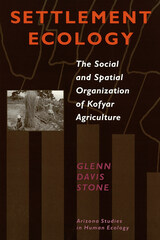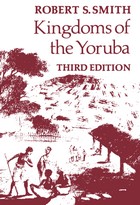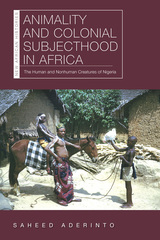Settlement Ecology: The Social and Spatial Organization of Kofyar Agriculture
University of Arizona Press, 1996
Cloth: 978-0-8165-1567-7 | eISBN: 978-0-8165-5140-8
Library of Congress Classification DT515.45.K64S76 1996
Dewey Decimal Classification 338.1096695
Cloth: 978-0-8165-1567-7 | eISBN: 978-0-8165-5140-8
Library of Congress Classification DT515.45.K64S76 1996
Dewey Decimal Classification 338.1096695
ABOUT THIS BOOK | TOC
ABOUT THIS BOOK
What determines agrarian settlement patterns? Glenn Davis Stone addresses this question by analyzing the spatial aspects of agrarian ecology--the relationship between how farmers farm and where they settle--and how farming and settlement change as population density rises. Crosscutting the fields of cultural anthropology, archaeology, geography, and agricultural economics, Settlement Ecology presents a new perspective on the process of agricultural intensification and explores the relationships between intensification and settlement decision making. Stone insists that paleotechnic ("traditional") agriculture must be seen as a social process, with the social organization of agricultural work playing a key role in shaping settlement characteristics. These relationships are demonstrated in a richly documented case study of the Kofyar, who have been settling a frontier in the Nigerian savanna. The history of agricultural change and the development of the settlement pattern are reconstructed through ethnography, archival research, and aerial photos and are analyzed using innovative graphical methods. Stone also reflects on the limits of ecological determination of settlement, comparing the farming and settlement trajectories of the Kofyar and Tiv on the same frontier.
See other books on: Agricultural ecology | Land settlement patterns | Land tenure | Nigeria | Social
See other titles from University of Arizona Press
